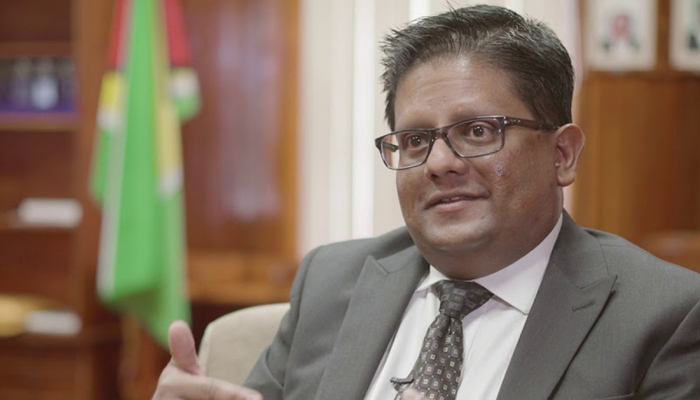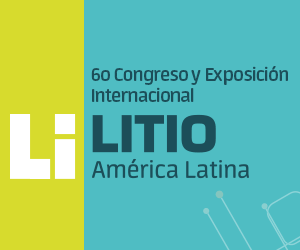
By Kaieteur News
Guyana
EnergiesNet 12 22 202
According to the Natural Resource Fund Bill 2021, the PPP/C Government is proposing that the oil revenues be used to satisfy four specific purposes.
Part II of the Bill outlines these to be: ensuring that volatility in revenues does not lead to volatile public spending; ensuring that oil revenues do not lead to loss of economic competitiveness; fairly transferring natural resource wealth across generations; and most importantly, “using natural resource wealth to finance national development priorities including any initiative aimed at realizing an inclusive green economy.
The Bill also highlights that the overall management of the Fund along with the preparation of its Investment Mandate, will be a Board of Directors which shall constitute no less than three and no more than five members appointed by the President.
Notably, all withdrawals from the fund shall be deposited into the Consolidated Fund and shall be used only to finance: national development priorities including “any initiative aimed at realizing an inclusive green economy and essential projects that are directly related to ameliorating the effect of a major disaster.”
Furthermore, in the fiscal year that the Act comes into operation, PPP/C wants the ceiling on the amount that may be withdrawn to be the total balance accumulated in the account described as “The Natural EResource Fund” as at the date that the Act comes into operation.
On Monday, Kaieteur News highlighted in its review of the NRF Bill that there is a noticeable absence of consequences for the misuse or abuse of the oil money that is withdrawn for emergencies or green economy initiatives.
When Guyana had pursued the creation of its first NRF legislation back in 2018, it was warned to have clear penalties or the fund could run the risk of failing to serve current and future generations. This advice was provided by the Natural Resource Governance Institute (NRGI), which also cited numerous examples from around the world on how often Natural Resource Funds become easily mismanaged, and the perpetrators go unpunished.
The 1Malaysia Development Berhad (1MDB) fund, established in 2009, has proven to be a major source of alleged corruption and mismanagement. Designed to attract investment into Malaysia by forming joint ventures with foreign firms, 1MDB ended up being in over US$11 billion of debt by 2014. Among its more suspect transactions are a US$1 billion investment in a Saudi oil company in 2009 which has gone missing; funds that were diverted in 2012 from an Abu Dhabi state fund to a firm in the British Virgin Islands (a secrecy jurisdiction); and US$4 billion that has been misappropriated from Malaysian state firms. Malaysia, the U.S., Switzerland, Singapore and the U.K. are still trying to unravel the web of corruption and money laundering schemes that are related to the fund and robbed current and future generations of their wealth.
The Azerbaijani and Iranian funds are other examples of extra-budgetary funds, which have been used to fund the legacy projects of political parties instead of being prudently saved for future generations. In Azerbaijan, for instance, government authorities have used the State Oil Fund (SOFAZ) to directly finance strategic government projects, such as the railway between Azerbaijan, Georgia and Turkey. These expenditure items were not subject to the same reporting or public procurement requirements as those financed through the regular budget process, nor were they subject to as much parliamentary oversight.
In Iran, that country’s US$40 billion National Development Fund provided loans to private-sector companies, cooperatives and economic enterprises owned by non-governmental institutions through agent banks. While the fund managers did not provide information on the specific investments, news reports revealed where they actually went. Importantly, the executive directly controlled the fund and, therefore, some decisions bypassed normal budgetary and parliamentary procedures.
Taking the foregoing into account, among other cases of blatant mismanagement, Guyana was urged to have “clear consequences for malfeasance.”
______________________________________________
By Kaieteur News / Image: Kaieteur News
kaieteurnews.com 12 21 2021




